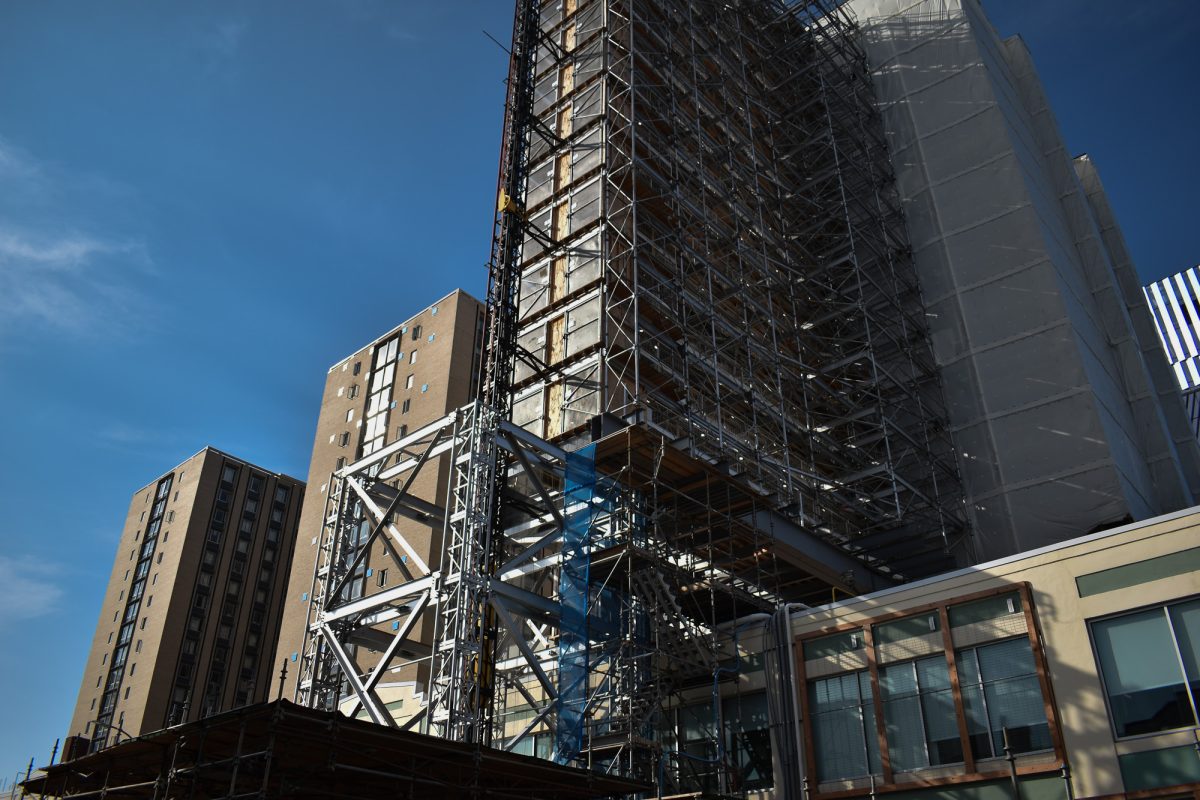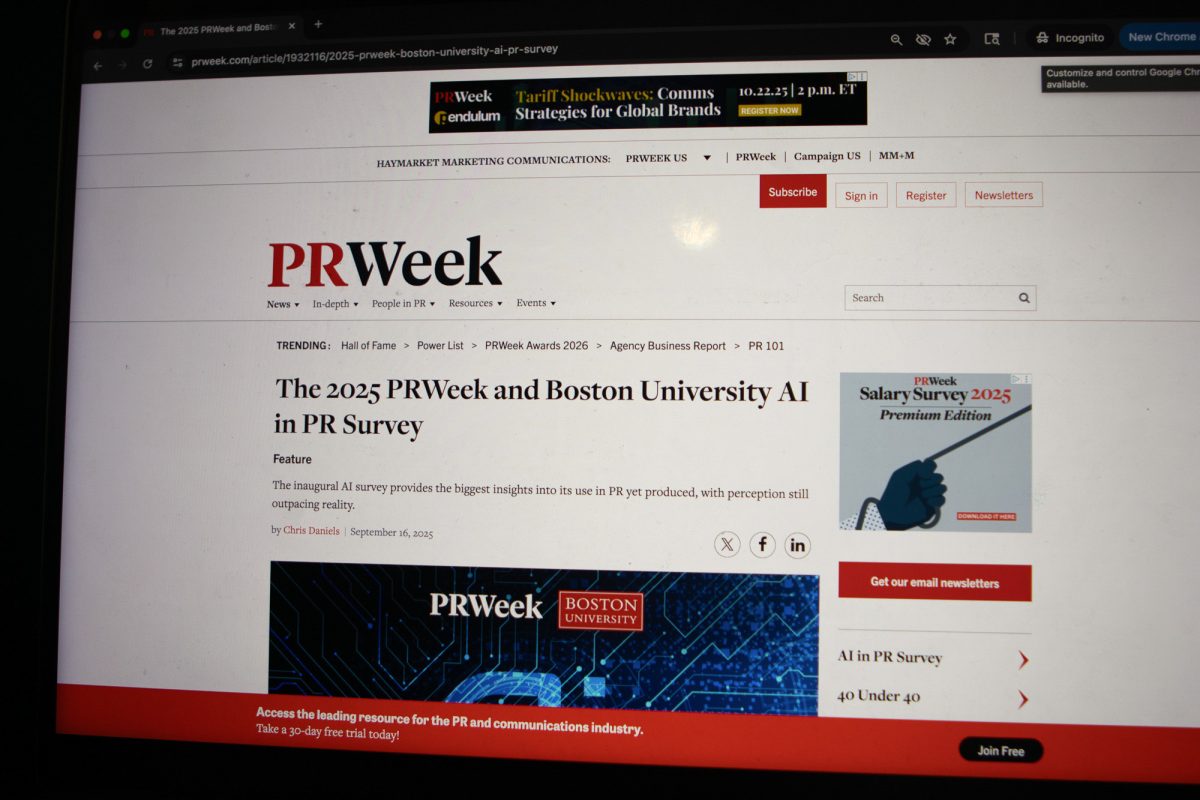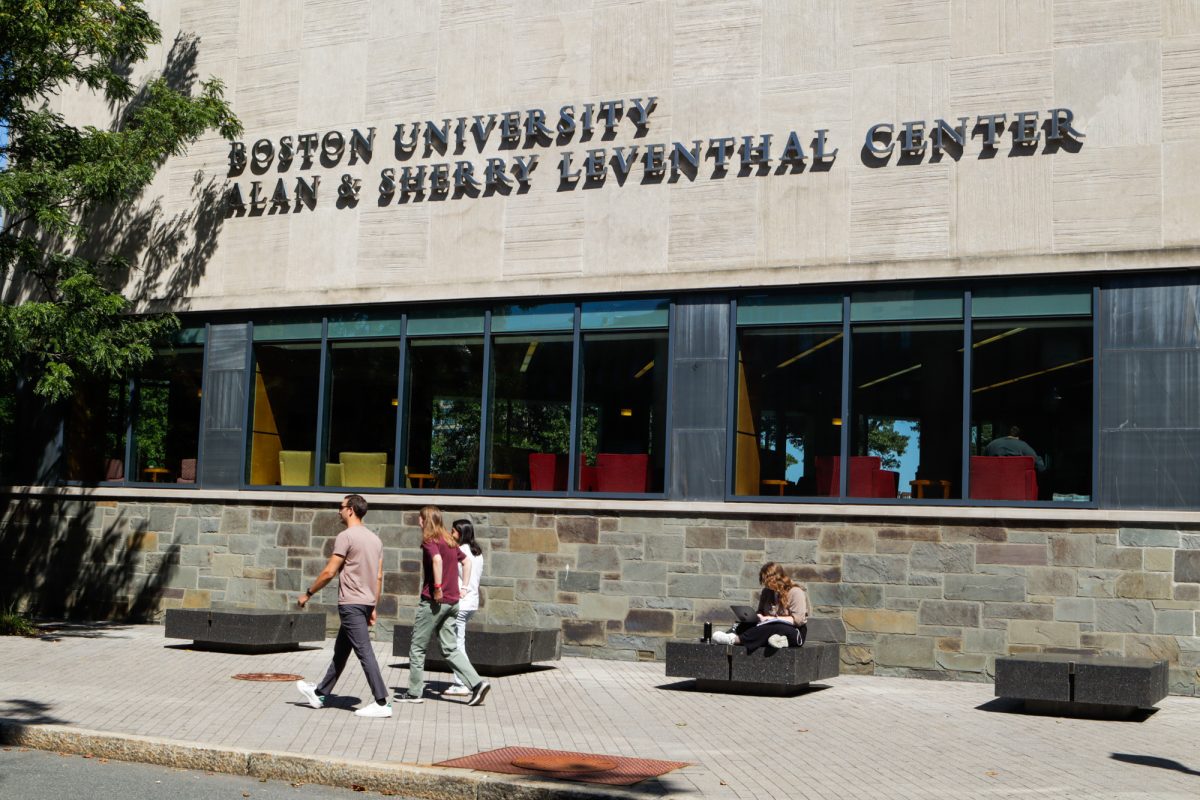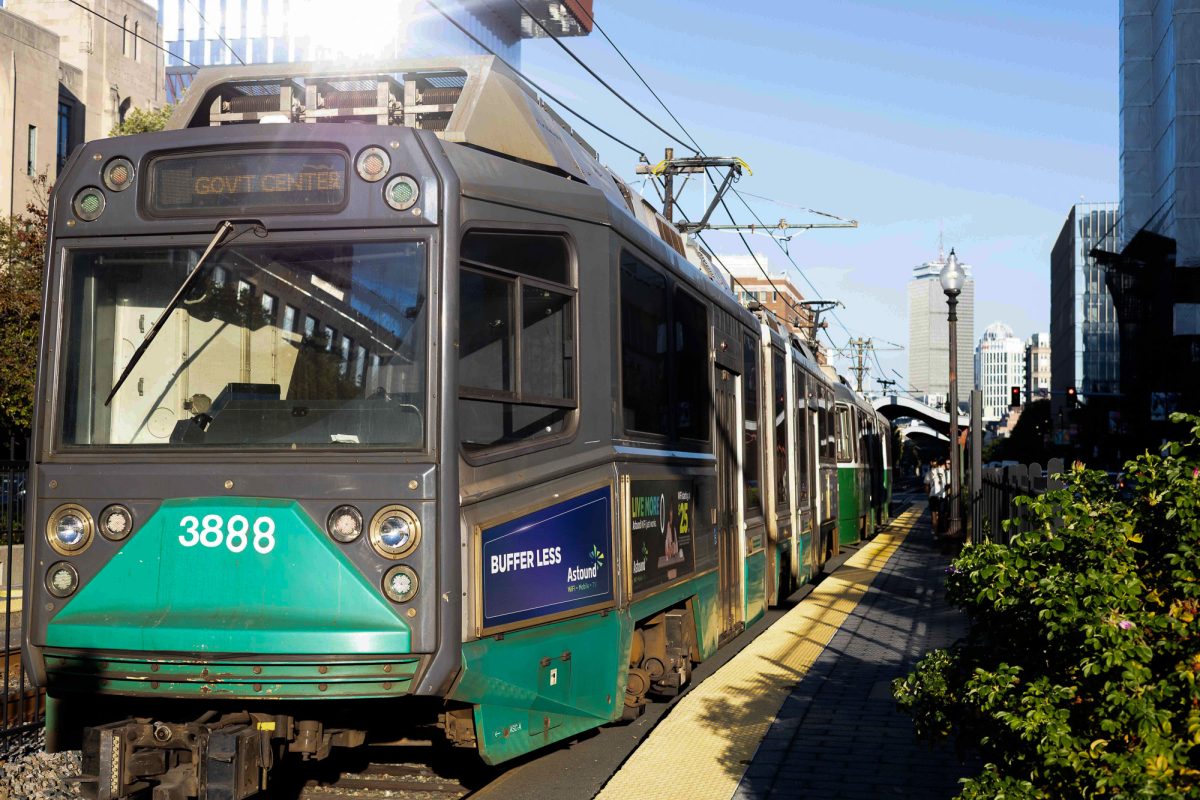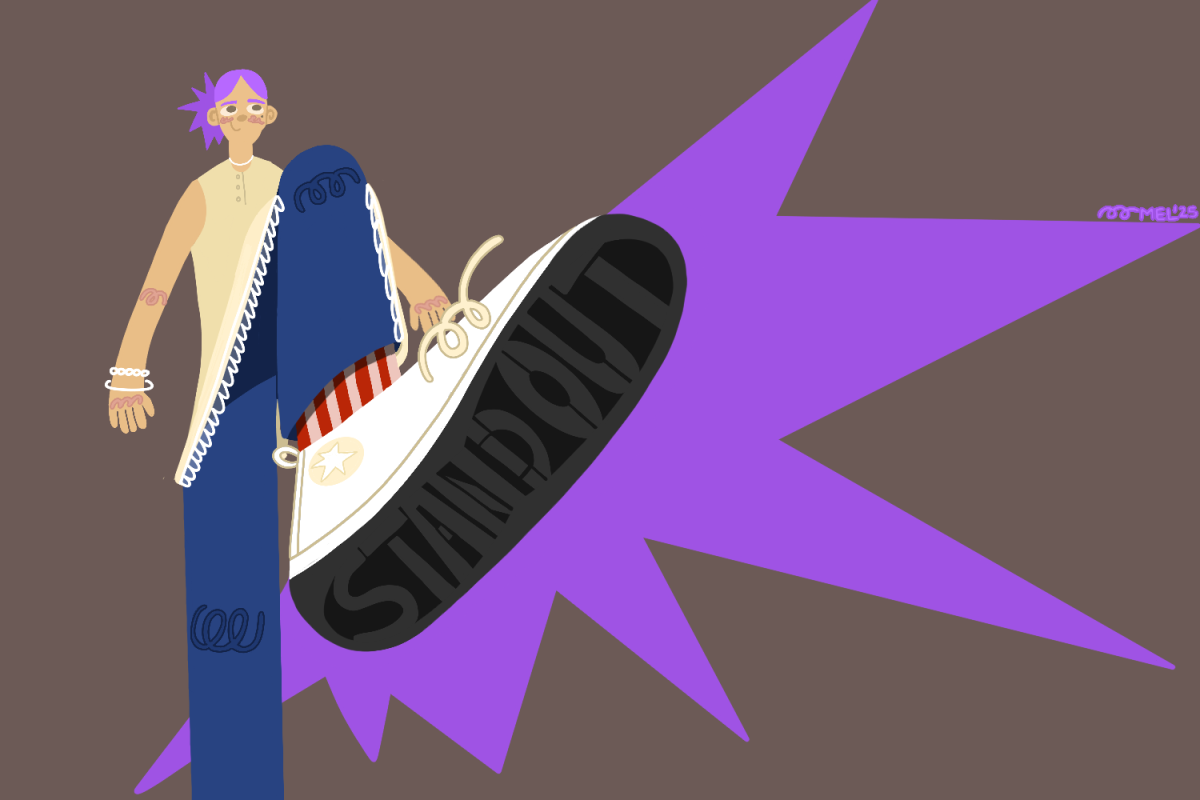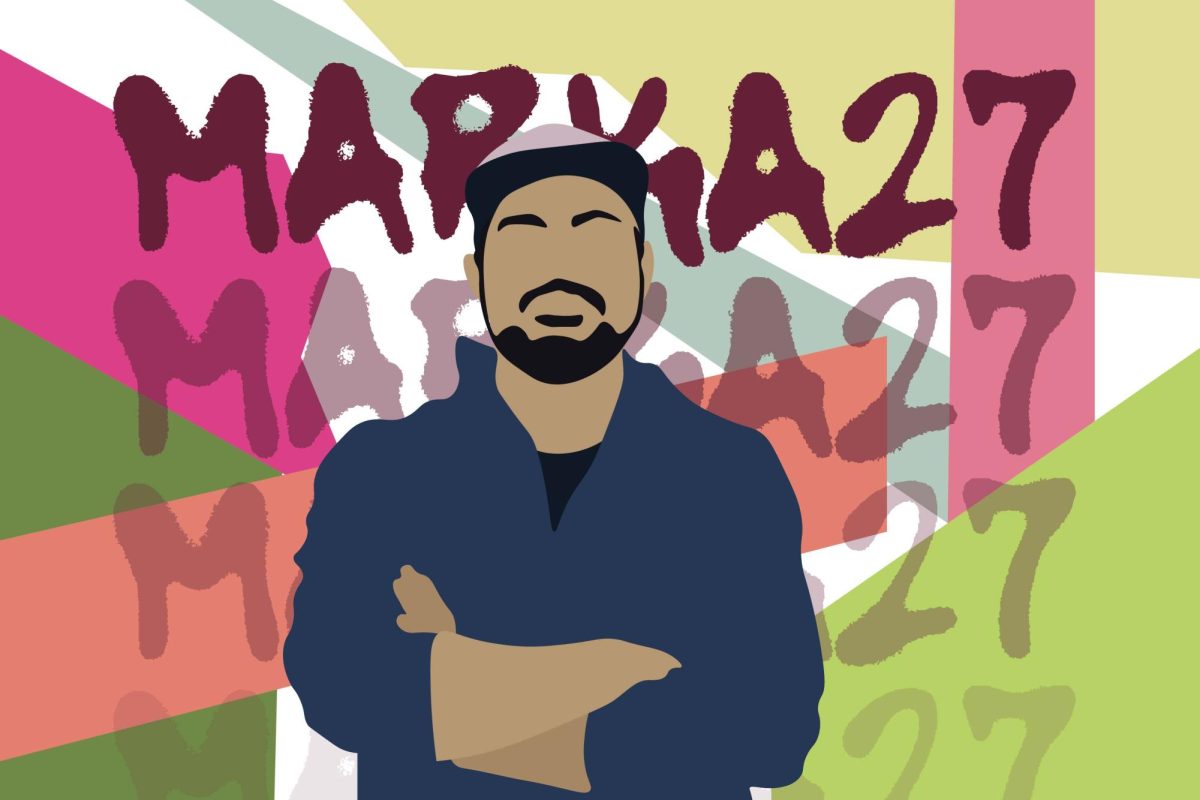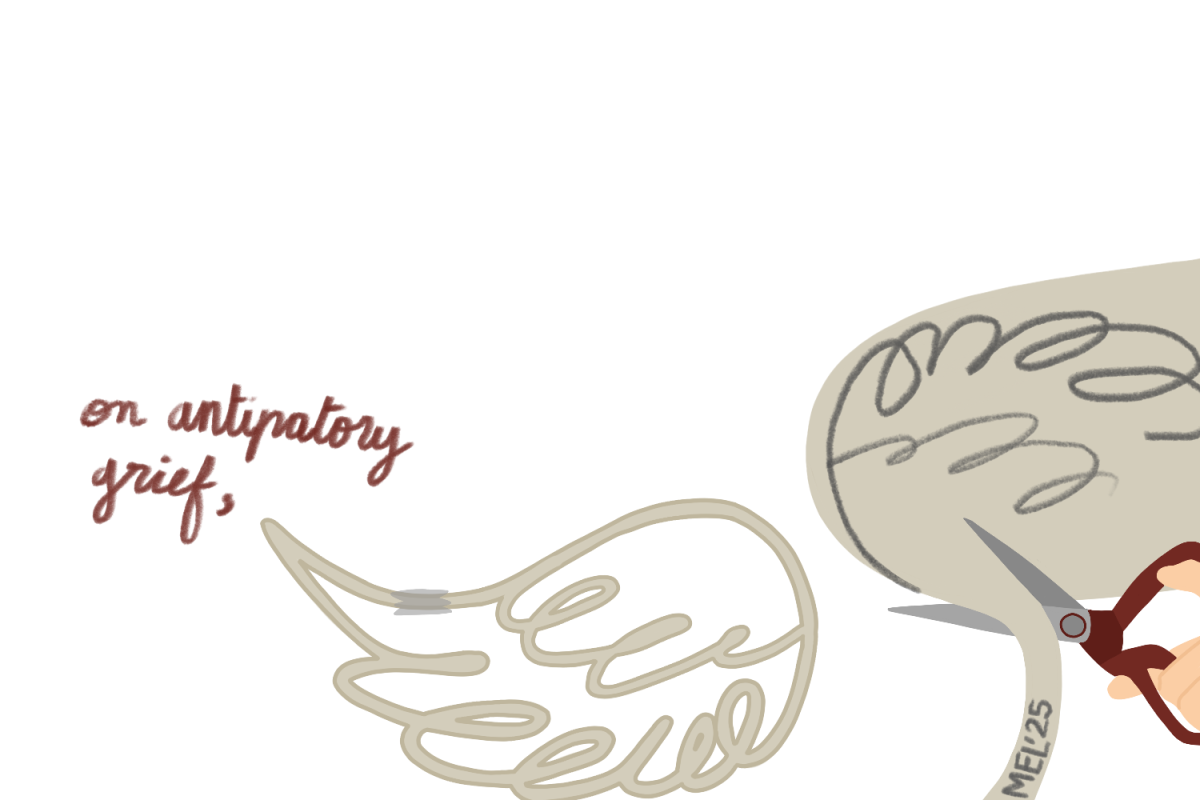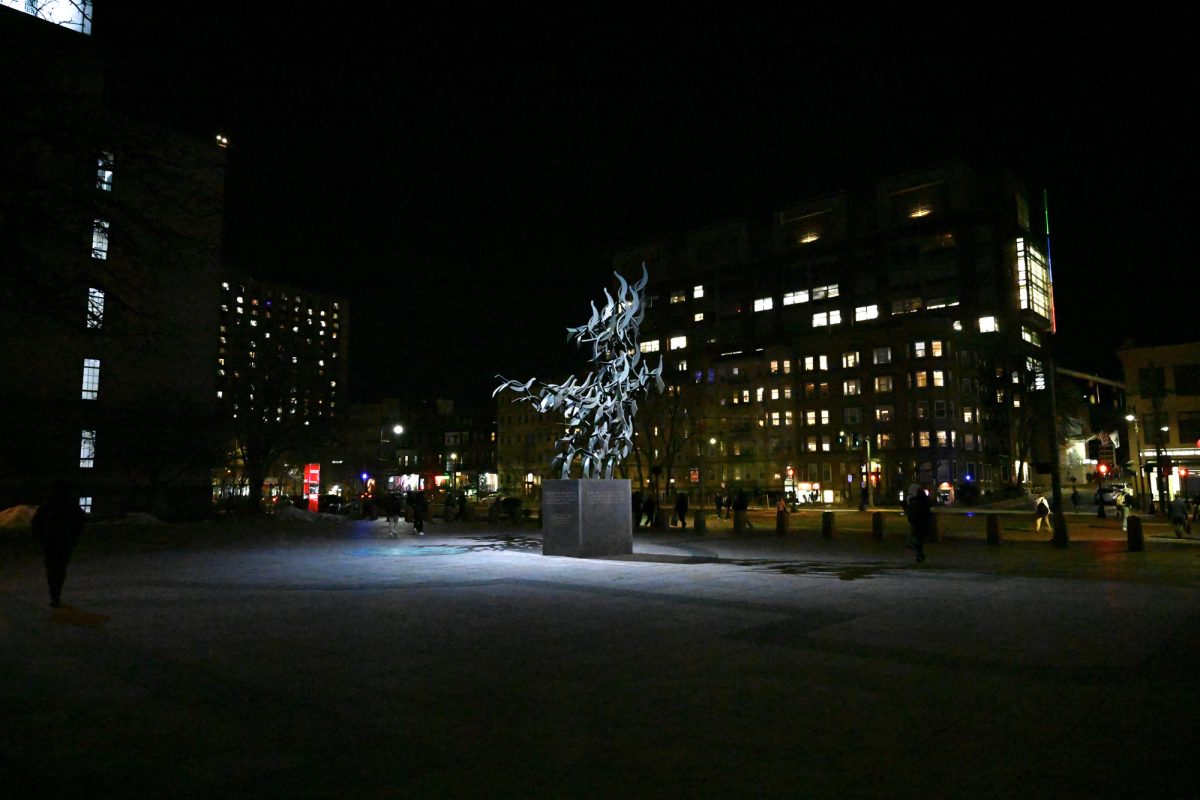Boston University received an “F” in a recent survey ranking free speech on college campuses, published by the Foundation for Individual Rights and Expression. BU has failed the last five surveys.
The FIRE free speech survey is a comprehensive comparison of student free speech that reflects how “open and supportive a campus is” based on student surveys, campus policies and recent speech-related controversies.
FIRE assessed 257 colleges and universities nationwide, with survey responses from 68,510 students. BU ranked 111, earning a “yellow” spotlight rating and a score of 58.3 out of 100.
BU’s “yellow” speech code rating indicates the university has “at least one ambiguous policy that too easily encourages administrative abuse and arbitrary application.”
“It is very worrying,” said BU Student Government Vice President Tony Wu. “It’s something that I think the University should look into and try to see why we got such a low rating and try to find ways to improve that. ”
BU Spokesperson Colin Riley referred to the University’s Statement on Free Speech and Expression and the faculty handbook’s Academic Freedom policy.
“The University is committed to creating and maintaining a community that invites the full participation of all people and the expression of all viewpoints,” the University’s free speech policy reads.
BU President Melissa Gilliam addressed concerns about free speech on campus in a university-wide email sent out Sept. 22.
“Discourse and disagreement are fundamental to learning about oneself and the world, and they are foundational to Boston University as an institution committed to free speech and academic freedom,” she wrote. “In fact, it is the broad diversity of ideas and points of view that makes us a leading university and a guiding light in higher education.”
The 2025 ranking was affected by an incident where administrators blocked a StuGov email about a Palestine divestment referendum, according to FIRE’s website.
A referendum bill was proposed by the former BU Students for Justice in Palestine and passed at StuGov’s Feb. 3 meeting. University administration refused to let StuGov send a university-wide email containing the referendum survey.
BU School of Law Professor Jonathan Feingold wrote in an email to The Daily Free Press that he feels the interference was “troubling.”
“This would constitute the sort of censorship that is incompatible with institutional commitments to free and open inquiry and the critical evaluation of competition ideas,” Feingold wrote.
In the email, Feingold criticized the FIRE survey for its role in “fueling a moral panic” across university campuses.
According to the survey, 42% of BU students said they self-censor on campus at least once or twice a month, and 33% of students report that using violence to stop someone from speaking on campus is acceptable — at least in rare cases.
Samantha Seto, the vice presidency of advocacy in the College of Arts and Sciences StuGov, said it was “disheartening” to hear the survey results.
However, she said she is not surprised the University is engaging in censorship. She said the administration often doesn’t respond to CAS StuGov’s emails when it asks for help with initiatives.
“It’d be nice to feel like whenever we reach out, there’s someone there on the other end,” Seto said.
In the Sept. 22 email, Gilliam urged members of the BU community to treat one another with the “dignity, respect, and regard” everyone wishes to receive.
The results of the Living Our Values Initiative, a committee evaluating core campus values, will be released in the coming weeks, Gilliam wrote.
Gilliam encouraged students to visit the Howard Thurman Center for Common Ground and continue diverse discussion toward building “a community where we can all feel welcome.”
StuGov is still trying to change that and bridge the gap between administration and students.
“Within Student Government, at least, we’re really trying to encourage dialogue in these issues,” Wu said. “We try to encourage people to speak freely, to mobilize, to organize.”






